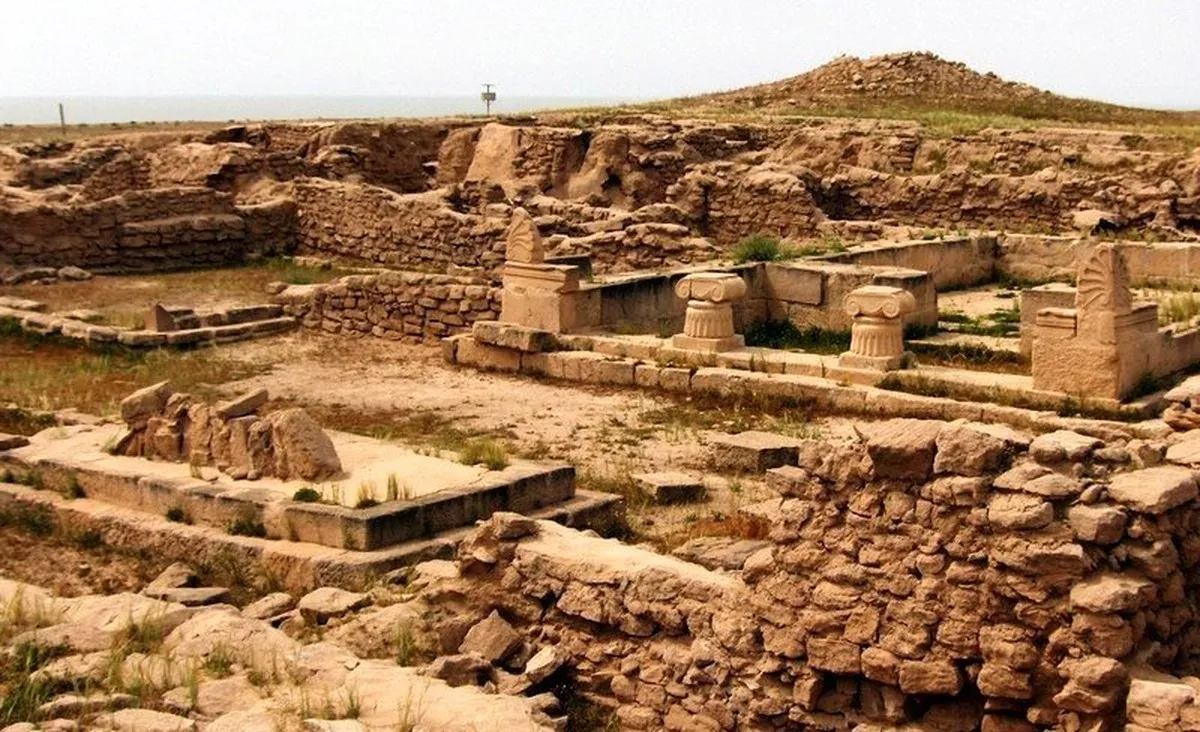23/04/2025
23/04/2025

KUWAIT CITY, April 23: French archaeologist Jean-Michel Gillain emphasized on Tuesday the historical significance of Failaka Island in the region’s human history, noting that international missions continue to uncover archaeological sites across the island, some dating back approximately 4,000 years.
In a statement to the Kuwait News Agency (KUNA), Gillain made these remarks on the sidelines of a lecture on the archaeological history of Failaka Island. The lecture was part of the Francophonie Month events, currently being hosted in Kuwait until the end of April.
He explained that various international archaeological teams, in cooperation with relevant Kuwaiti authorities, have been discovering sites on the island that date back to both the Bronze Age and the Hellenistic period.
Gillain pointed out that the discovery of freshwater wells on the island suggests that humans have inhabited Failaka since ancient times. Additionally, the presence of ports and fortified castles highlights the island’s strategic role as a hub of control and influence—commercially, militarily, and politically—particularly during the Greek era.
He further noted that one of the unique aspects of Failaka Island is that a significant portion of its land is dedicated to scientific research and archaeological exploration. The island contains rich, layered relics from various historical periods.
Gillain also praised the State of Kuwait for its strong support and interest in hosting international archaeological missions. He acknowledged the contributions of Kuwaiti archaeological researcher Shihab Al-Shihab, who collaborated extensively with numerous missions, especially French and Danish teams.
One of the most notable artifacts unearthed on Failaka is the Icarus inscription. Discovered during the early stages of exploration in 1960, this important artifact was recently added to the UNESCO Memory of the World Register, underlining its global cultural significance.


